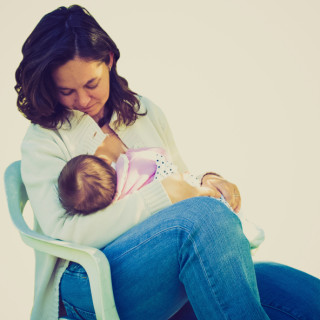 Keeping the risk of seizures down is primarily why women with epilepsy take anti-epileptic drugs. When pregnancy is put into the equation, they’re often unsure what to do with their regular medication. Should there be a trade off between the benefits of not having seizures and the fear of what impact these drugs might have on their unborn child?
Keeping the risk of seizures down is primarily why women with epilepsy take anti-epileptic drugs. When pregnancy is put into the equation, they’re often unsure what to do with their regular medication. Should there be a trade off between the benefits of not having seizures and the fear of what impact these drugs might have on their unborn child?
If a woman with epilepsy seeks medical advice before conception, there’s a good chance that a specialist can help adapt her treatment to reduce risks. There are several recommendations set out for doctors to help mothers-to-be achieve the best chance of a successful pregnancy.
But what happens after the birth? A lot of research focuses on thinking about epilepsy pre-conception and during the pregnancy itself, but a new mother is likely to continue to have concerns after her baby is born.
One study, published in June 2014, tracked the development of children born to mothers with epilepsy – with the goal of measuring the impact of anti-epileptic drugs on the child’s development over six years. Around half of the 181 children in the study had been breastfed for at least three months – while their mother continued to take her anti-epileptic drugs – and by the age of six, they showed equal, and even higher, levels of intelligence than those babies that weren’t breastfed.
These encouraging results suggest that taking anti-epileptics during breastfeeding does not seem to negatively impact the child’s development. Could this also imply that these drugs might have less impact on fetal development than initially thought? Surely, more research in this area would be beneficial to ensure that the health of both mother and child are optimally managed.
